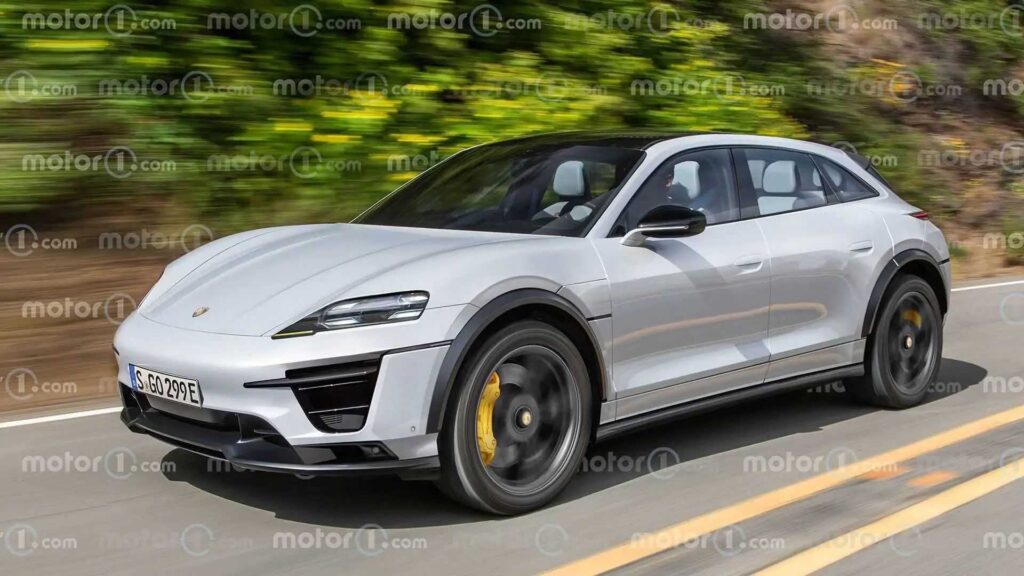Porsche has made a significant shift in its product strategy for the upcoming years, following lower-than-expected sales of its all-electric models. One of the major changes includes putting the flagship electric SUV, designed to be positioned above the Cayenne, on hold. Instead, the new model, codenamed K1, will initially be offered with a combustion engine and a plug-in hybrid powertrain. This move marks Porsche’s first three-row crossover, targeting a different market segment for the brand.
Despite the focus on electrification, Porsche is not abandoning combustion engines entirely. The current-generation 718 two-door will continue to be available with gas-powered options, particularly in the RS- and GT-badged models. Additionally, a gas-powered replacement for the first-generation Macan is in development, with a plug-in hybrid version expected to debut in 2028.
While the all-electric Boxster and Cayman models remain on track, Porsche has postponed the development of a new EV platform originally planned for 2030. The Taycan and Macan Electric, along with the upcoming Cayenne EV, are still part of Porsche’s future lineup. Furthermore, the current-generation gas-powered Cayenne is set for a significant update in the near future.
In order to adapt to changing market conditions and regulatory challenges, Porsche is streamlining its product offerings. The company plans to offer three models – Macan, Cayenne, and 718 – with a choice of either all-electric or gas-powered drivetrains. Despite sharing the same names, these models will have distinct powertrain options under the hood. The Taycan, 911, Panamera, and the forthcoming “Prestige” three-row SUV will complete Porsche’s diverse portfolio.
Porsche attributes these strategic changes to factors such as U.S. import tariffs, a slowdown in the Chinese luxury market, and challenges in the transition to electric mobility. The automaker anticipates significant investments, with a projected expenditure of $3.65 billion for the current financial year and additional cash outflows in the coming years.
Overall, Porsche’s revised product strategy aims to balance the demand for electrification with the existing market dynamics, ensuring a diverse range of models to cater to different customer preferences. By adapting to the evolving automotive landscape, Porsche seeks to maintain its position as a leading luxury automaker while embracing the shift towards electric mobility.

